5325015095671
Price Quote Get an up to date pricing and availability quote for this product. Order online or over the phone.
Quality Commitment
Serving our customers with quality and safety first.
- AS9120 Certified
- Audited supply chain
- ITAR Registered
- DDTC Registered
- HAZMAT Certified
- Customer service objectives
- Every product 100% inspected

5325-01-509-5671 Specification Set by the OEM (see RNCC code 3)
0.150in. and 0.220in.
0.329in.
helicopter, UH-Tiger
stud shank
0.210in.
flat countersunk
torque set
0.164-32-3B unc
0.2470in. and 0.2495in.
steel comp 4140 or steel comp 8740
MIL-S-5626 mil spec 1st material response or MIL-S-6049 mil spec 2nd material response
cadmium
QQ-P-416, type ii, class 2 fed spec single treatment response
Cross Reference Parts Part numbers that meet the specification outlined on this page and set by the OEM
Identification Item Identification Guide (IIG) and Item Name Code (INC)
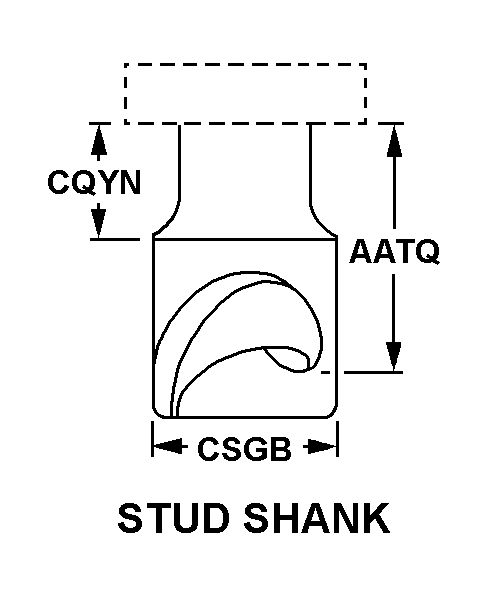
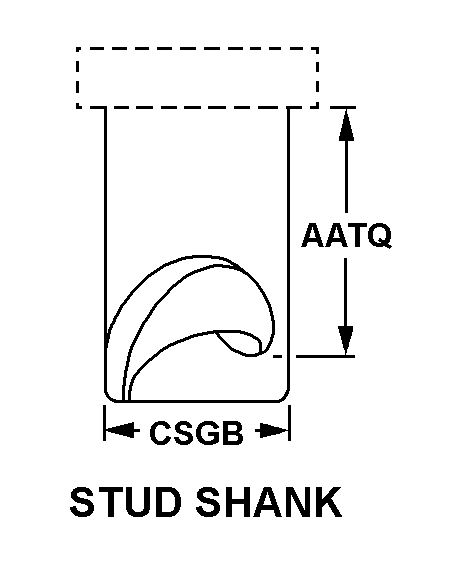
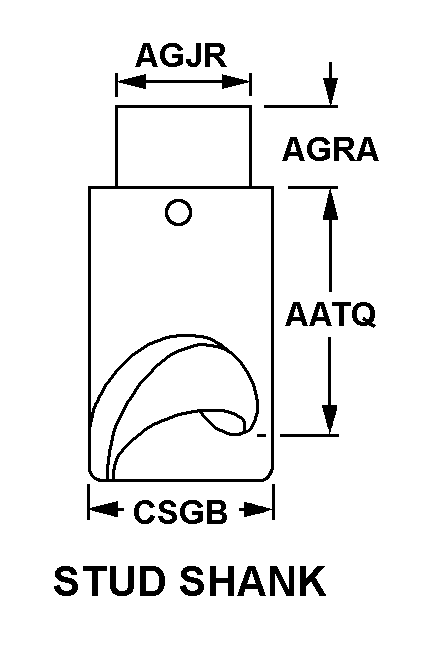
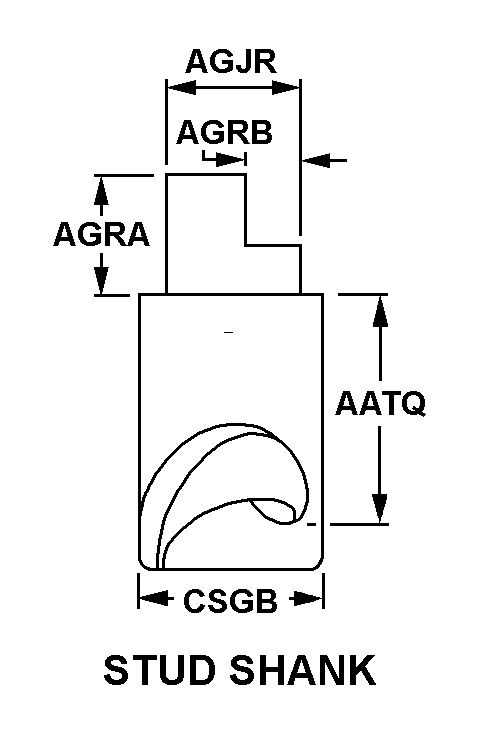
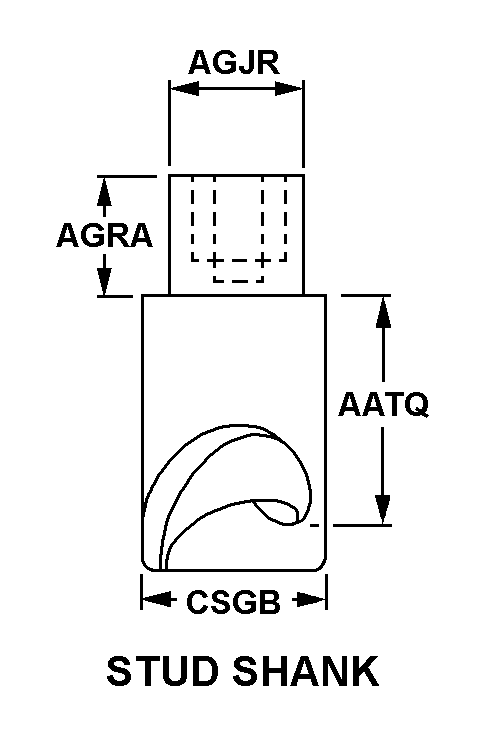
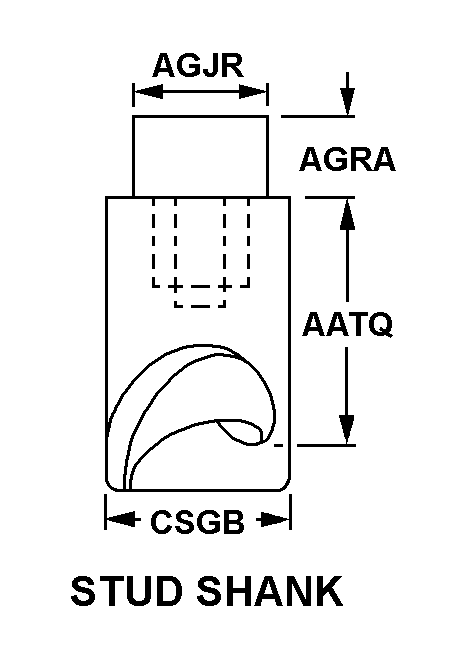
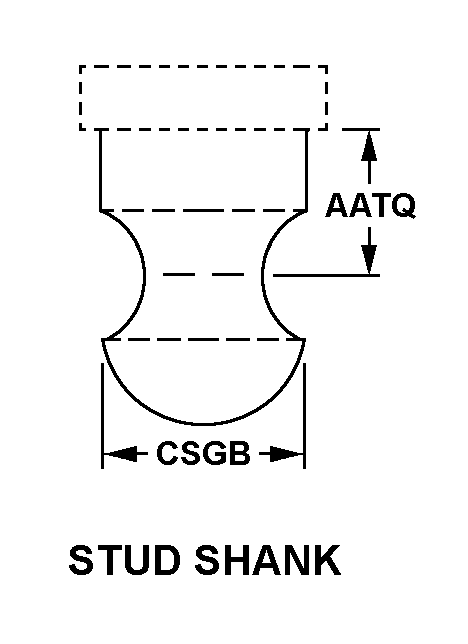
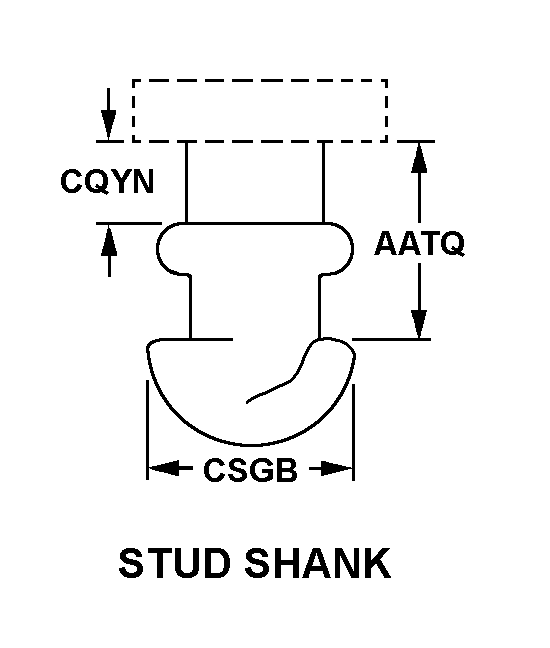
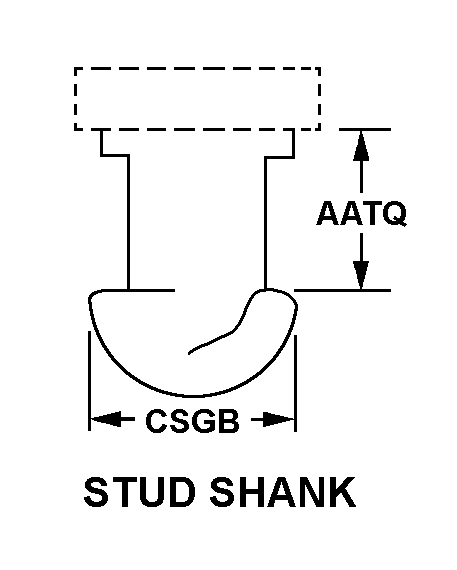
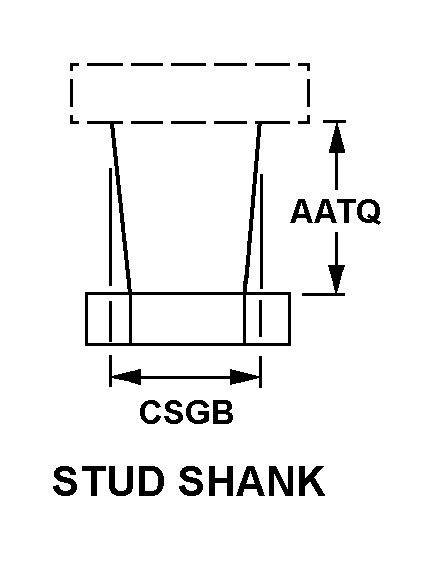
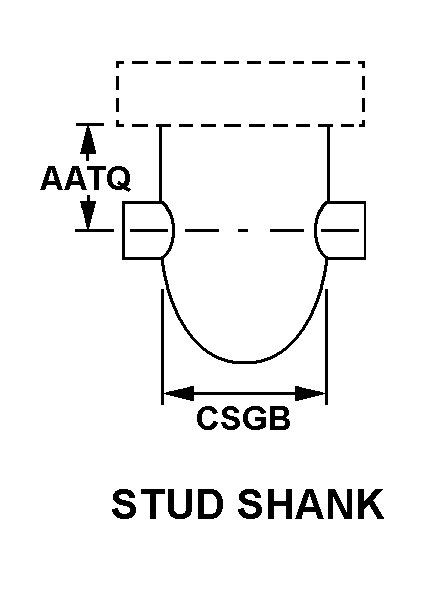
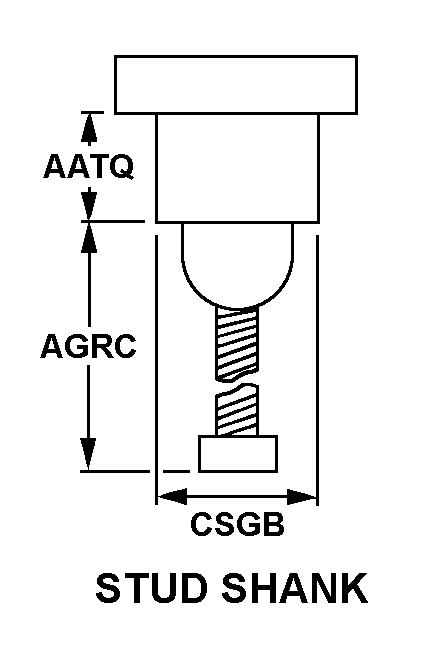
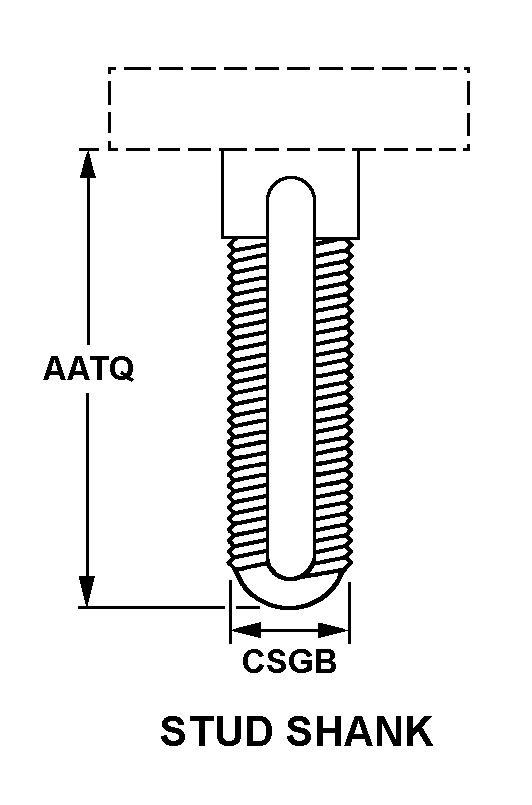
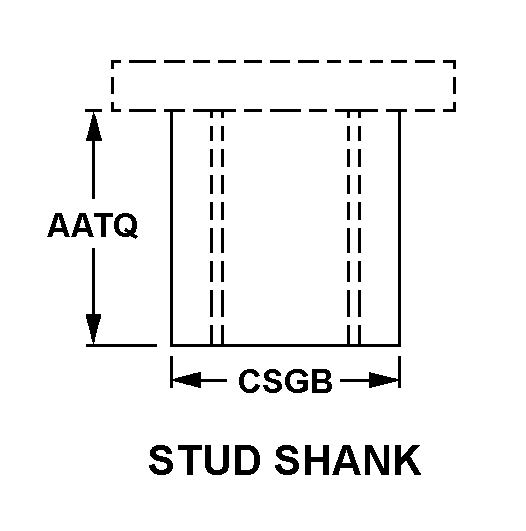
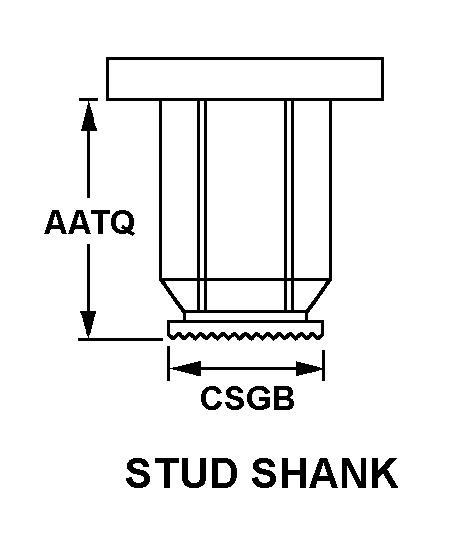
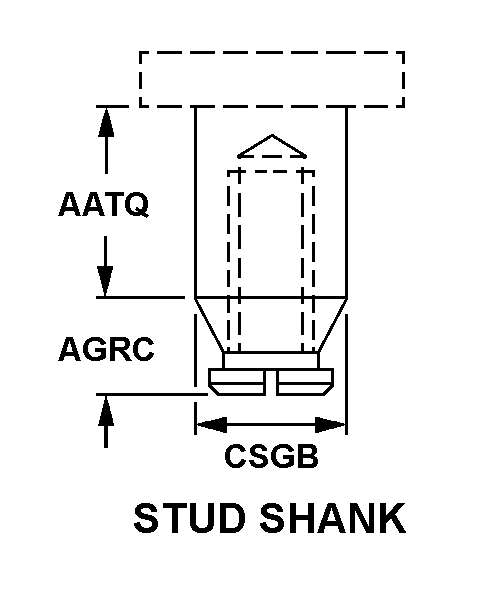
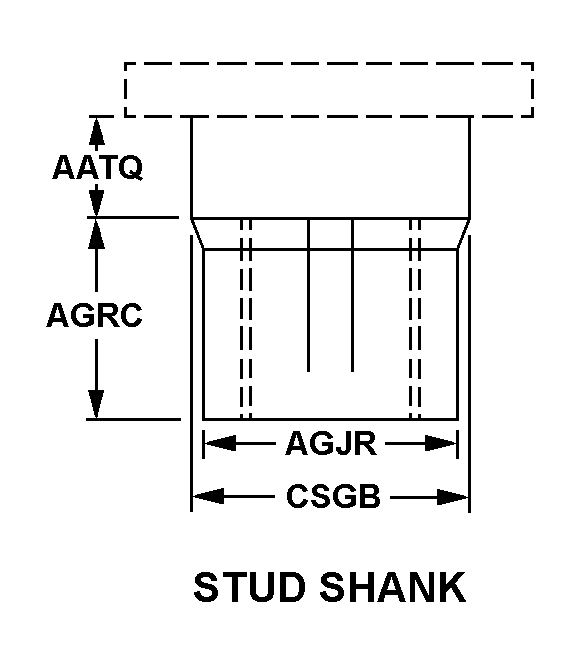
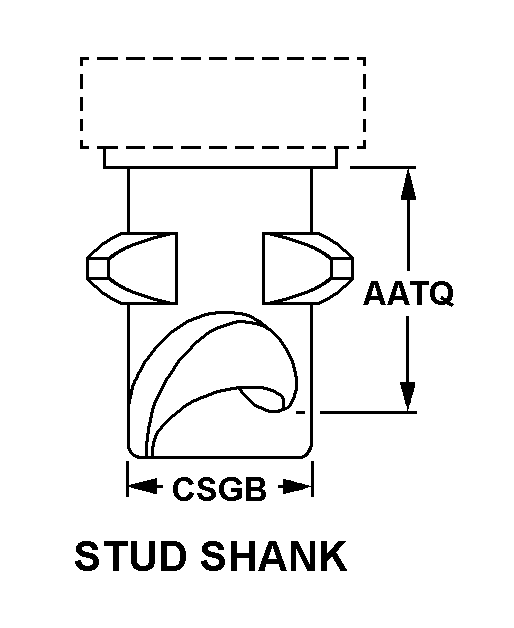
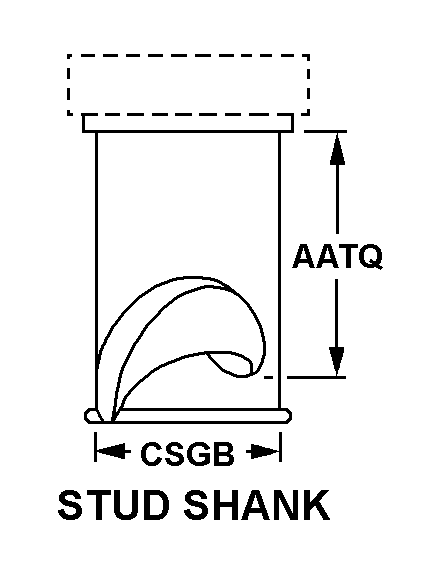
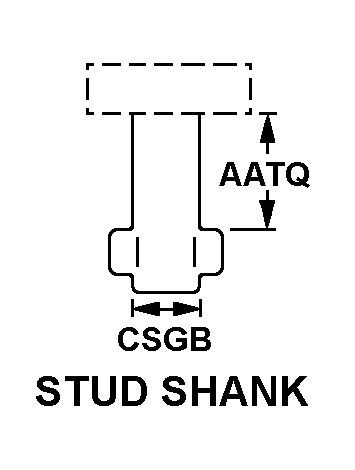
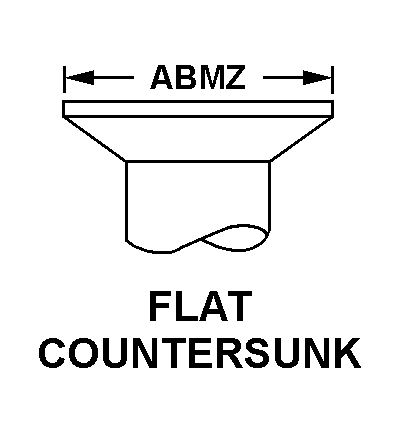
Definition Definition of approved item name (AIN): "STUD,TURNLOCK FASTENER"
A pinlike item designed to turn within and be held in place by an eyelet, turnlock fastener; ring, retaining; or the surface of the item it fastens. It is provided with either a cam slot, cam lead threads, or a hold for accommodating a pin. Securing is accomplished by mating with a lockspring, turnlock fastener or receptacle, turnlock fastener. It has either provisions to accommodate a knob or extension or has a head which has provisions to facilitate turning.
5325-01-509-5671 Material Hazmat, Precious Metals, Criticality, Enviroment, and ESD
Indicates there is no data in the hmirs and the nsn is in a fsc not generally suspected of containing hazardous materials.
Item does not contain precious metal.
No known electrostatic discharge (esd) or electromagnetic interference (emi) sensitivity.
Represents items with no adp components
The item does not have a nuclear hardened feature or any other critical feature such as tolerance, fit restriction or application.
Identification Codes
HMIC: Hazardous Material Indicator Code. A one position code that identifies a hazardous item.
PMIC: Precious Metal Indicator Code. A one position code which identifies items that have precious metals as part of their content. precious metals are those metals generally considered to be uncommon, highly valuable, and relatively superior in certain properties such as resistance to corrosion and electrical conductivity.
ESD: Electrostatic Discharge. Indicates if an item is susceptible to electrostatic discharge or electromagnetic interference damage. electrostatic discharge damage occurs when an accumulation of static electricity generated by the relative motion or separation of materials is released to another item by direct contact. electromagnetic interference damage occurs when an item comes into proximity with an electrostatic or magnetic field.
ENAC: Enviromental Attribute Code. Identifies items with environmentally preferred characteristics.
CRITL: Criticality Indicator Code. Indicates an item is technically critical by tolerance, fit, application, nuclear hardness properties, or other characteristics.






